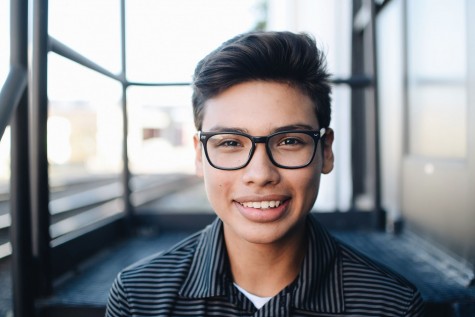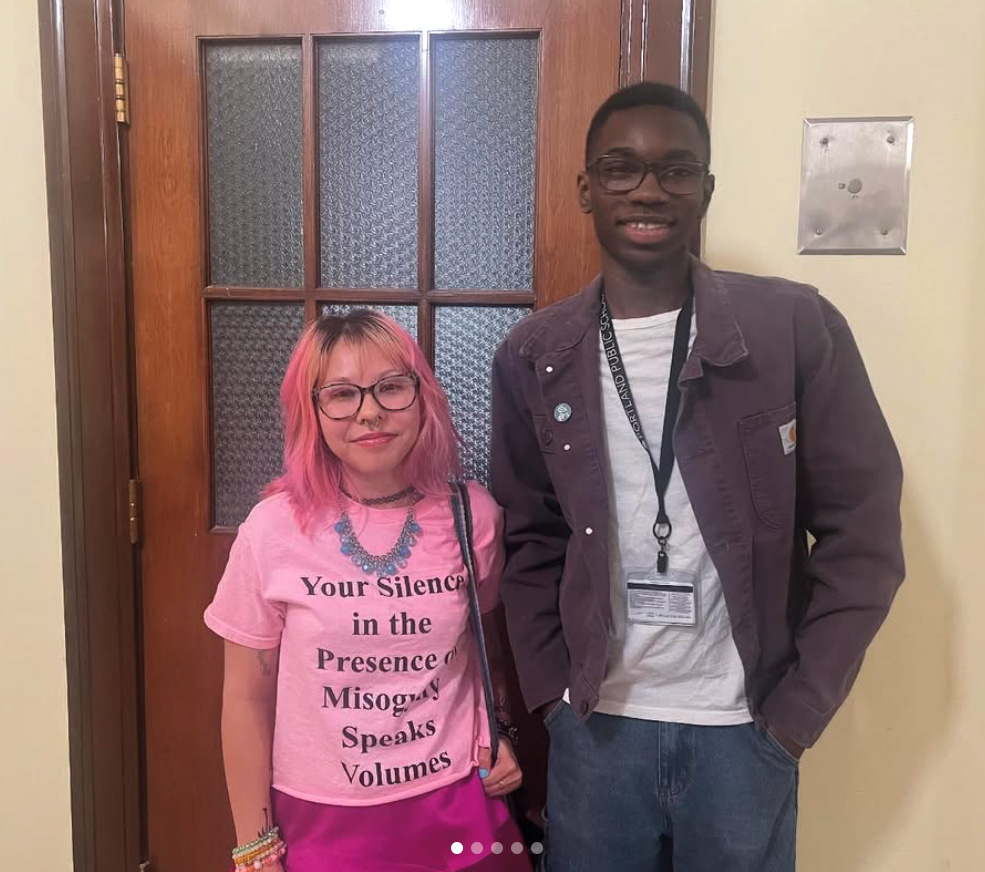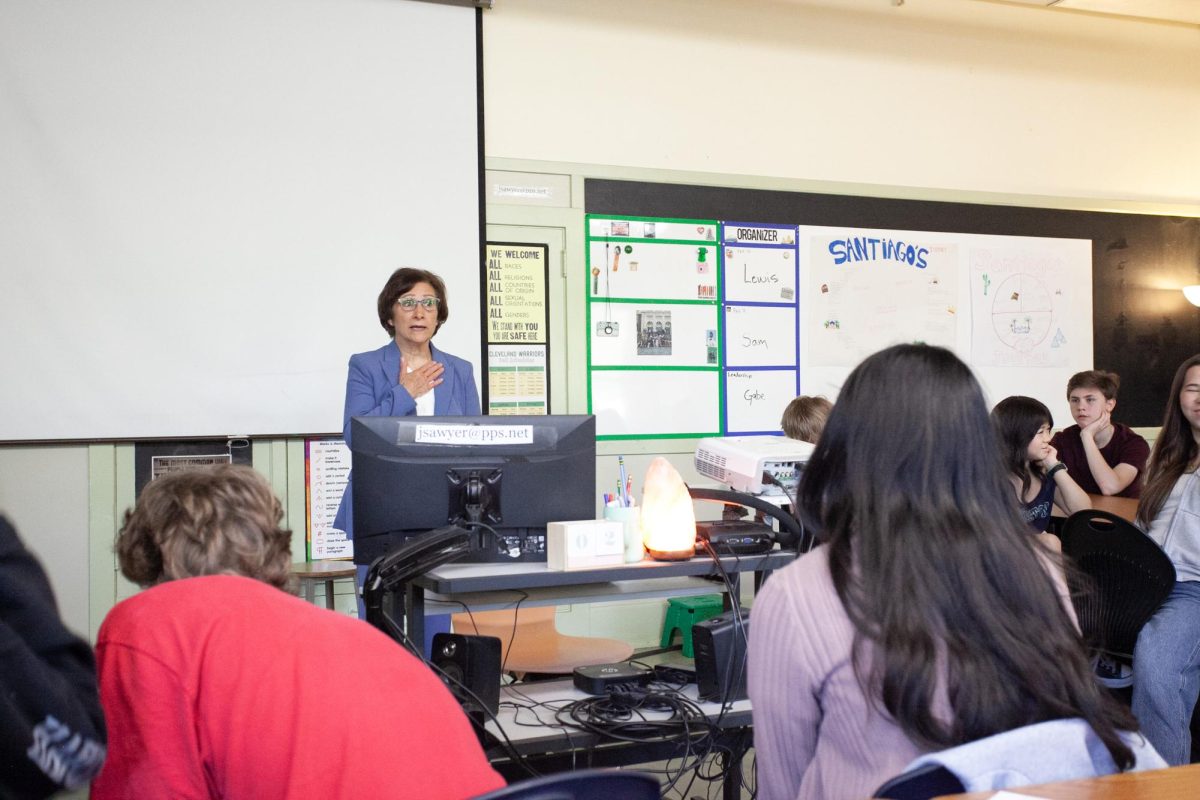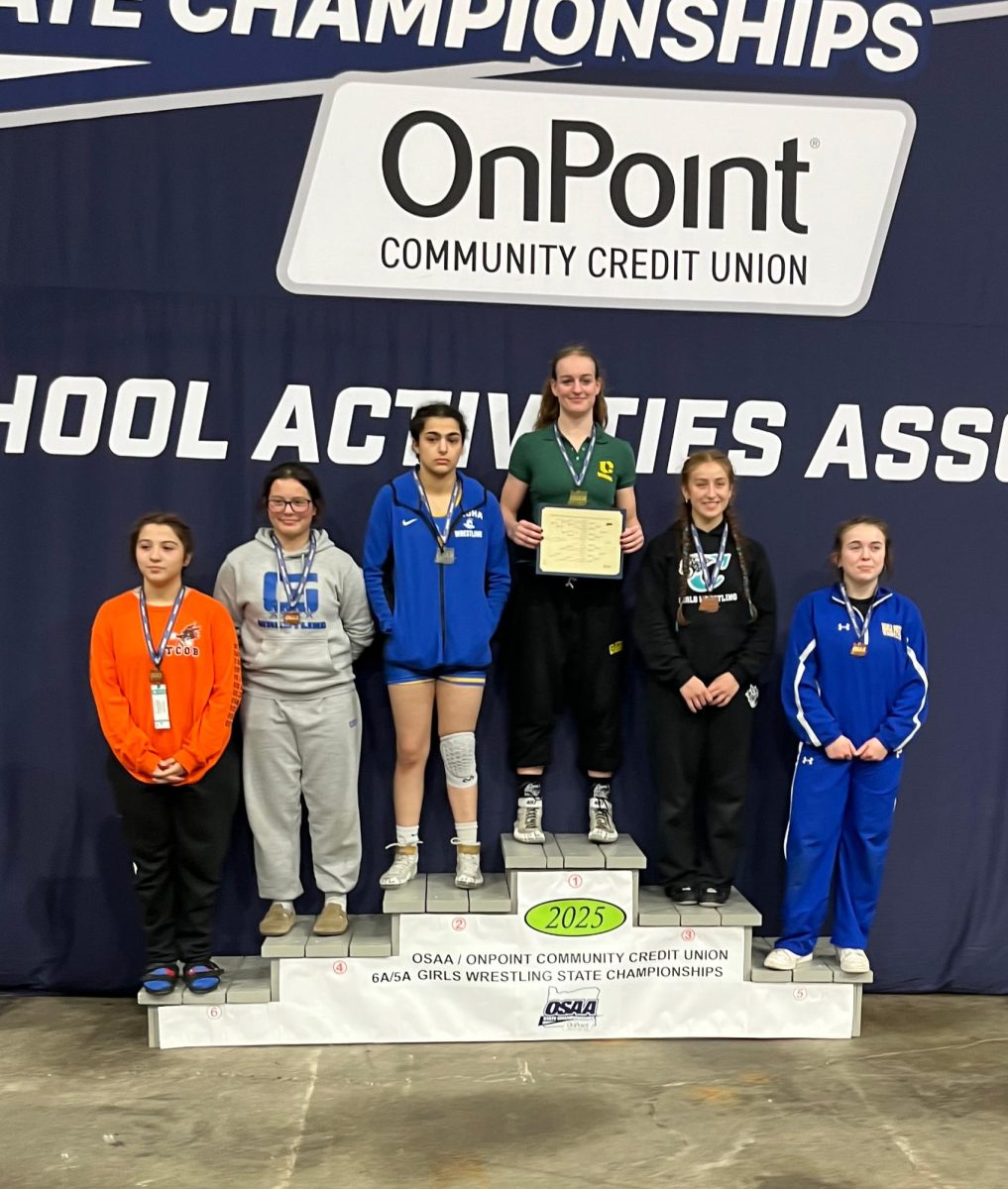Graduate Ben Grayzel’s newest marijuana documentary features Cleveland
January 13, 2016
Cleveland graduate and aspiring filmmaker Ben Grayzel, creator of the Cleveland High marijuana documentary that sparked a plethora of controversy around Cleveland in 2015, has released his newest work to feature our high school. Northwest Trees, a film that highlights youth marijuana use around different educational institutions in the Pacific Northwest, released to the public on Jan. 9 on YouTube. It has garnered more than 5,000 views in the four days it has been up as of press time; if the 120,000-plus views his last project received are any indication of what’s to come, there are only more views coming in the future for Northwest Trees.
Grayzel credits his mother for the video editing abilities used to create this work of art. She is a video editor and taught Grayzel most of the skills he knows. Grayzel also took Independent Media Production during his time at Cleveland, which contributed to his skillset. His abilities are evident throughout Northwest Trees, as seamless transitions and beautiful B shots are common occurrences throughout the film. Northwest Trees is a more professional, polished piece than his past work.
The overall thesis of the project: “There needs to be more research put into marijuana and the findings of that research need to dictate the future of marijuana culture. People should base their opinions of the drug not on polarized cultural ideas but rather science,” according to Grayzel.
Grayzel, who attends Quest University in Canada, ventured stateside to film the movie. His journey to capture every aspect of youth marijuana use saw him venture through Washington and Oregon, stopping at different hotspots where youth marijuana use runs rampant. Grayzel interviewed and documented different marijuana experts at the University of Oregon, the University of Washington, Newport High School, and our own Cleveland High School.
“The two communities that stood out to me were Newport, [Oregon] and Cleveland,” said Grayzel. “In Newport marijuana use has increased by a lot in the last year, while other drug use seems to have gone down. Cleveland on the other hand seems to [have] little change in the amount of marijuana use while other drugs have become more prevalent. Legalization has had almost opposite effects on these two communities.”
The section featuring Cleveland begins with clips from Grayzel’s, Weed Documentary 2015 – High School, an exposé into teen drug use at Cleveland. “I included a small section from my last film to show the difference, or lack of difference that legalization has made at Cleveland,” said Grayzel. (Read about his previous work here: https://clevelandclarion.com/1509/chs-alumni/cleveland-graduate-depicts-student-marijuana-use-in-viral-documentary/)
The talking heads from Cleveland include health teacher Jeff Zerba and Alexandru “LilDrussie” Lechert-Kelly, a student and rapper. Many other anonymous students with different backgrounds lend their expertise to the new film, to give the full urban high school perspective.
Our urban high school’s perspective was complemented with views from a rural high school, and from college students in the marijuana friendly states of Oregon and Washington. Dr. Leslie R. Walker, a professor from the University of Washington’s Division of Adolescent Medicine, offers her expert advice throughout the entire film. “Dr. Walker is an expert in this area so her perspective was extremely valuable,” stated Grayzel. “I also think Jason [Ames], who is an addict in recovery has some important perspective since he is looking back while it might be hard for people who are currently using to understand at this time in their lives.”
Ames gives an eye opening view of what life as an addict was like, and how his doctor denied addiction to marijuana as a legitimate problem. Ames’ concludes, “We have to inform people, right? I think education is the solution here.”
Education for youth on the topic of marijuana is a theme throughout the documentary. Said Grayzel, “in my last project, I just kind of let people talk and compared [the] opinions of high school smokers to those of health teachers to show the disconnect. In this project I edited only with sound-bytes that I thought were true. This project takes more of a stance on the issue than the last one.”
Grayzel, who filmed, edited and released the project all on his own within the span of seven weeks, is unsure of his future documentary subject matters. “I will certainly make more documentary projects in the future. I don’t know what is next. Maybe college rape culture, maybe climate change in Nicaragua, the future is unknown as of now,” he said. Whichever subject Grayzel tackles next, expect an in-depth, quality production tantamount to Northwest Trees.










